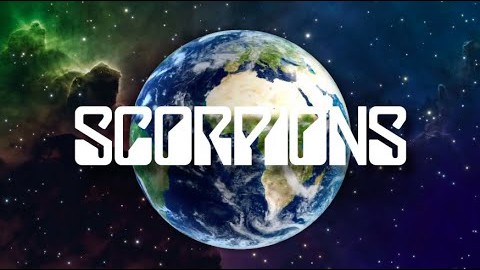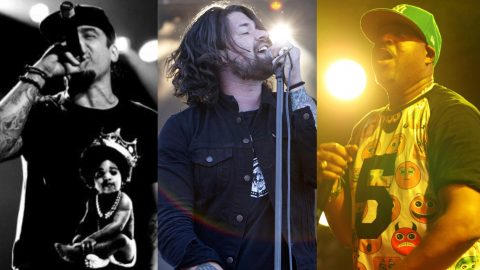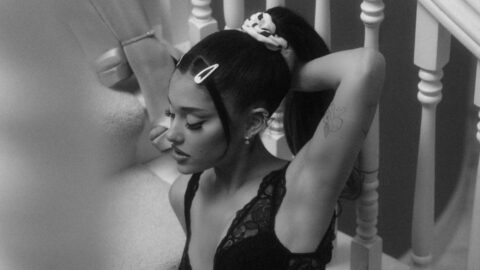NME | Music, Film, TV, Gaming & Pop Culture News

“A Star Is Born” might have been a better title for the final chapter of Steve McQueen’s Small Axe anthology, not least because it opens with 12-year-old Kingsley (newcomer Kenyah Sandy) watching the start of the universe in a planetarium, but because it chronicles the turning point in McQueen’s own journey to genius – a heartfelt, deeply personal coming-of-age story about his own childhood struggles.
“A nuclear heart is beginning to beat”, announces the show in a line loaded with meaning, as Kingsley gazes up and dreams of one day being an astronaut. McQueen’s own passion first ignited in the late 70s where he grew up in West London and found a love of art and film – but not before he was almost crushed by a racist, broken school system that overlooked his dyslexia and segregated him from the rest of his class.

12-year-old Kingsley finds reading just as difficult as Steve did at the same age, and it doesn’t take long before his frustration starts making him act up. Given no support by the headmaster (Adrian Rawlins, better known as Harry Potter’s dad), and misunderstood by his overworked mum (Sharlene Whyte, Spooks), Kingsley is dumped into a “special school”, supposedly for his own good.
Completely cast adrift amongst his new class – some clearly with acute learning difficulties, others that just seem to be missing the support they need – Kingsley starts spiralling into depression. Music has been such a big and important part of Small Axe but here we only get one song played in full, as the world’s worst teacher sings a long, deliberately awful version of ‘The House Of The Rising Sun’, the words “the ruin of many a poor boy” hanging heavily over Kingsley’s head as he rests it on his desk.
When salvation finally turns up in the shape of Naomi Ackie’s (Star Wars: The Rise Of Skywalker) child psychologist, it can’t come soon enough. As she explains to Kingsley’s mum, the whole system is rigged. The IQ test has built-in prejudices designed to discriminate against West Indian children – and the lack of any real education at the “special school” makes sure anyone who leaves it has no choice about their future at the bottom of the heap.
Less about Kingsley or McQueen’s school days, Education is more about the lessons that still need to be learnt before Britain’s systemic racism can finally be dealt with. Filmed without flourishes in a verité style closer to the Alan Clarke and Ken Loach TV films of the 70s that Small Axe is rightly held up alongside, Education has an eye for detail and drama that rarely gets seen on the small screen. Whyte, Ackie and Sandy all give honest performances and the film’s teary, exultant ending feels particularly hard-won after five films of decade-spanning context.

Last week’s edition, Alex Wheatle, was a big story that felt too small, but this is exactly the opposite – a uniquely intimate drama that eclipses its short running time and feels complete. There are still moments that feel slightly underserved (Kingsley’s dad, played by Daniel Francis, is barely given a voice), and it lacks the raw power of Mangrove and raw joyfulness of Lover’s Rock, but Education is a fitting way to end a remarkable series of films –a profoundly personal last statement from a director who’s put so much of himself in the frame over the last five weeks.
Details
- Director: Steve McQueen
- Starring: Kenyah Sandy, Sharlene Whyte, Naomi Ackie
- Released: December 13 (BBC One)
The post ‘Small Axe: Education’ review: a uniquely intimate and fitting end to Steve McQueen’s series appeared first on NME | Music, Film, TV, Gaming & Pop Culture News.




